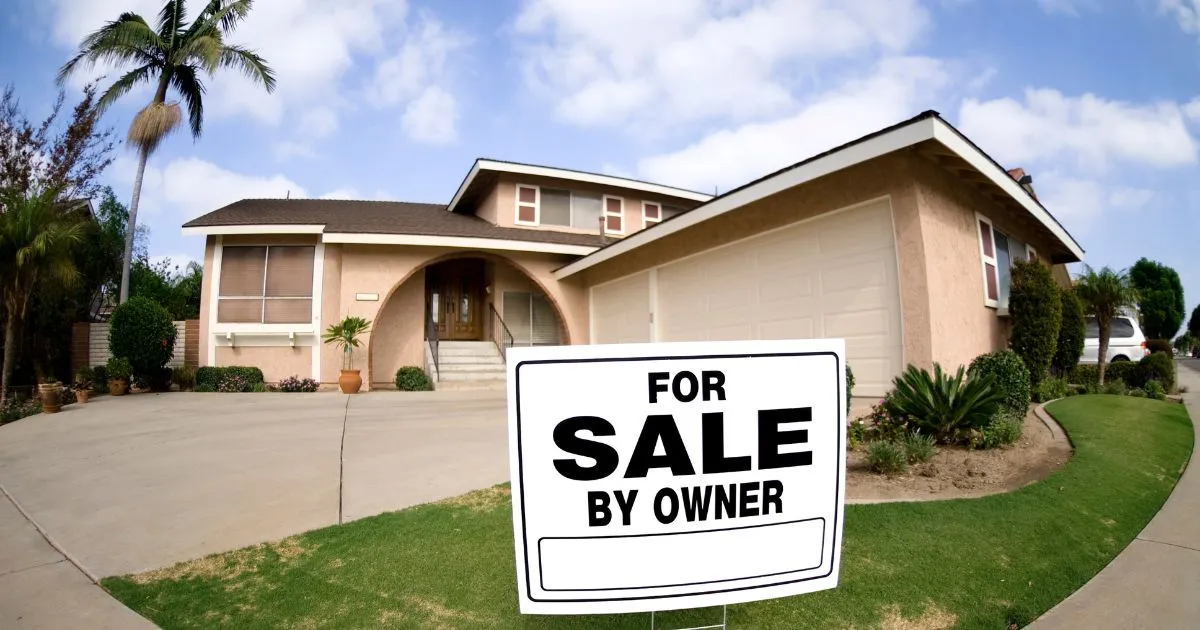Table of Contents
Buying a home usually comprises of buying precise insurance policies to safeguard your property. Title insurance is one among them that is bought to authorize legal ownership. A title insurance policy safeguards you against the option that any other person may press their claim on your property. In real-time, it guarantees that a lender and homeowner will be protected in the situation that any previous owners don’t continue to claim their ownership of the property. If you are mortgaging to buy your property, your lender will need you to buy a title policy from a title insurance company. Even though it is the homeowners who bear the costs, having a title policy from a reliable title insurance company is important to provide you peace of mind for the future.
What is Title Insurance?
A title insurance policy will safeguard the policyholder for any issues with the title for the property. With all the safety taken, there may be some mistakes while keeping the records for property across the USA. It implies that there is a probability for a situation where a person with older records pressing their claim on a freshly bought property in the case of previous frauds. Title insurance will pay the charges of correcting the title rights or offer reimbursement if you lose the claim on a property.
Every title insurance policy covers a homeowner or the lender who financed the mortgage for the property. Lenders will require you to pay for the lender’s title insurance included in the process of mortgage closing costs. Homeowner’s title insurance is non-compulsory, that is paid by the buyer or seller of the property. The coverage for Title insurance starts when you purchase the policy and covers forever into the past, for both identified and unidentified discrepancies in the records of the ownership.
Why Do you require Title Insurance?
Buying a lender’s title insurance is a compulsory step of the mortgage process. But even though is not compulsory, it’s a smart action to get title coverage if you are a homeowner. Title insurance can reimburse you for legal costs or any other damages in a diverse situation.
- Unidentified liens: If a previous owner has utilized the property as security on a debt that hasn’t been cleared. It could also be helpful if previous property taxes or any other payments are pending.
- Left-out heirs: If a person who was legally eligible to inherit the property may not have got it but they can still have their ownership or a part of it.
- Errors in the public documents: The staff maintaining documents at the courthouse may have done an error recording a title in previous years. Due to this, the new title search will not disclose an old lien.
- Fraud: There are chances that a previous seller has not bought the property, or a past co-owner might have faked a signature on the documents to sell his property.
- Any other title issues that might have occurred before starting the title insurance policy.
Even though the total number of claims paid to title insurance buyers is small amounts, the open-ended approach of document keeping in the US implies that there are many chances where title insurance can come to your rescue while saving loads of money. In highly extreme cases, title insurance could end up reimburse you for the loss of your property.
Even though the owner’s title insurance is optional, it is suggested to have them failing to which, you may be paying the costs of undertaking a title claim, which could be unimaginable. You might feel that you’re paying this extra charge cash as you finalize a deal for a property, a title insurance policy is a key factor that can save you from huge money disasters in the future. As the title insurance covers you for issues in the legal description of your property, there are few exclusions especially in situations where there may be violations in the property codes after purchasing the property.
How Much Does Title Insurance Cost?
- Generally, a compulsory lender’s title insurance may cost around $500 and $1,500, relying on the rules of the precise state and how the money is mortgaged in the loan for the property. Location is the biggest element in the charges of both lender and homeowner insurance policies. Some norms in precise states may demand more work from the insurer to check the history of the title, increasing the charges for issuing the title policy.
- The homeowner’s title insurance is usually more costly than the lender policies. It can range from $700-$2,000 on the title coverage. Bigger loan amounts, lesser down payments along lower credit scores will have an impact on the costs. A title insurance policy will stay until you are the owner of the property and can safeguard you from problems that can come up even after you sell the property.
- As a homeowner, you may negotiate with the seller and lender about the sharing of overall title insurance costs. While the norms and pattern differ by state, some states demand the seller to showcase the bill for a homeowner’s title insurance policy that protects the buyer. In some sales, the lender has the rights to the home and also pays for the homeowner’s title insurance. But it is wiser to have a separate title search on such properties to ensure that you’re free of any challenging claims.
Final thoughts:
Similar to other kinds of insurance, an owner’s title insurance policy seems like a waste of money as there may be no necessity to use it. But it’s a minor price to safeguard your interests in the situation if anyone challenges your title after the deal is closed for your property. Buying or selling a property is perhaps the single most expensive deal that you may perform in your lifetime. Be sure to get your title insurance from a reliable and reputed title insurance company in Utah, Utah Title.








